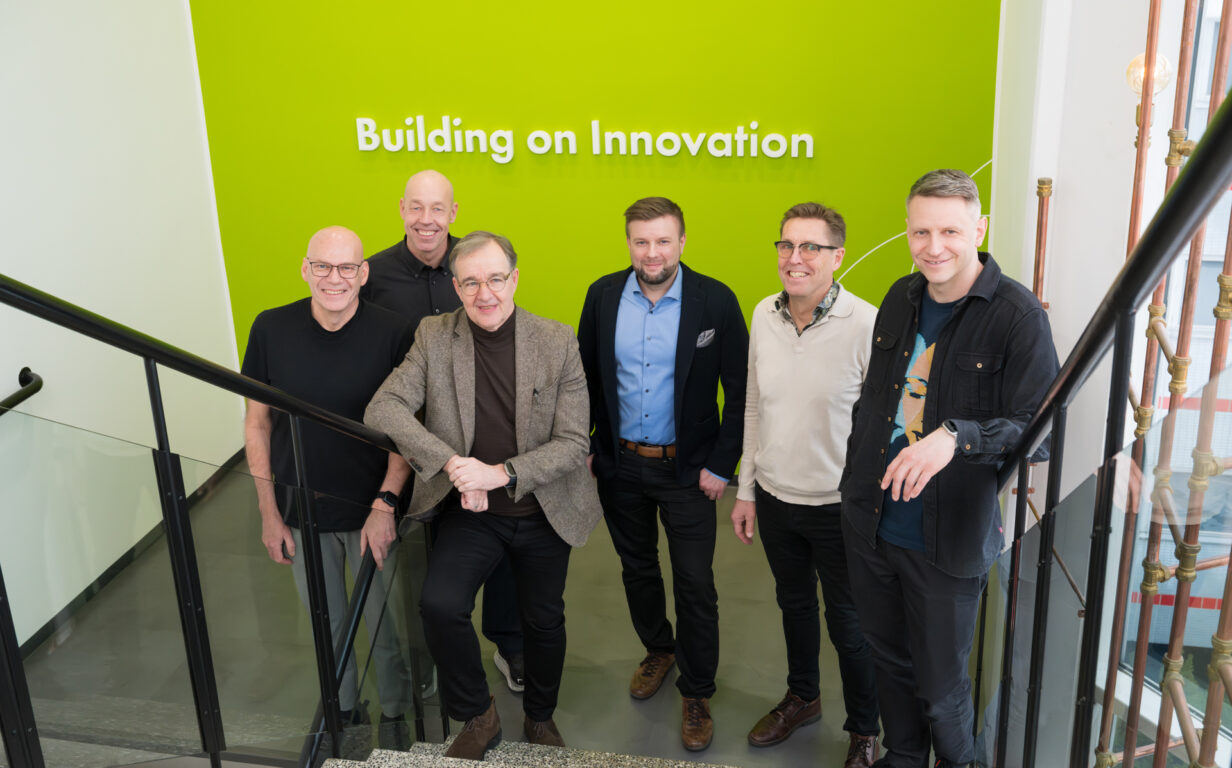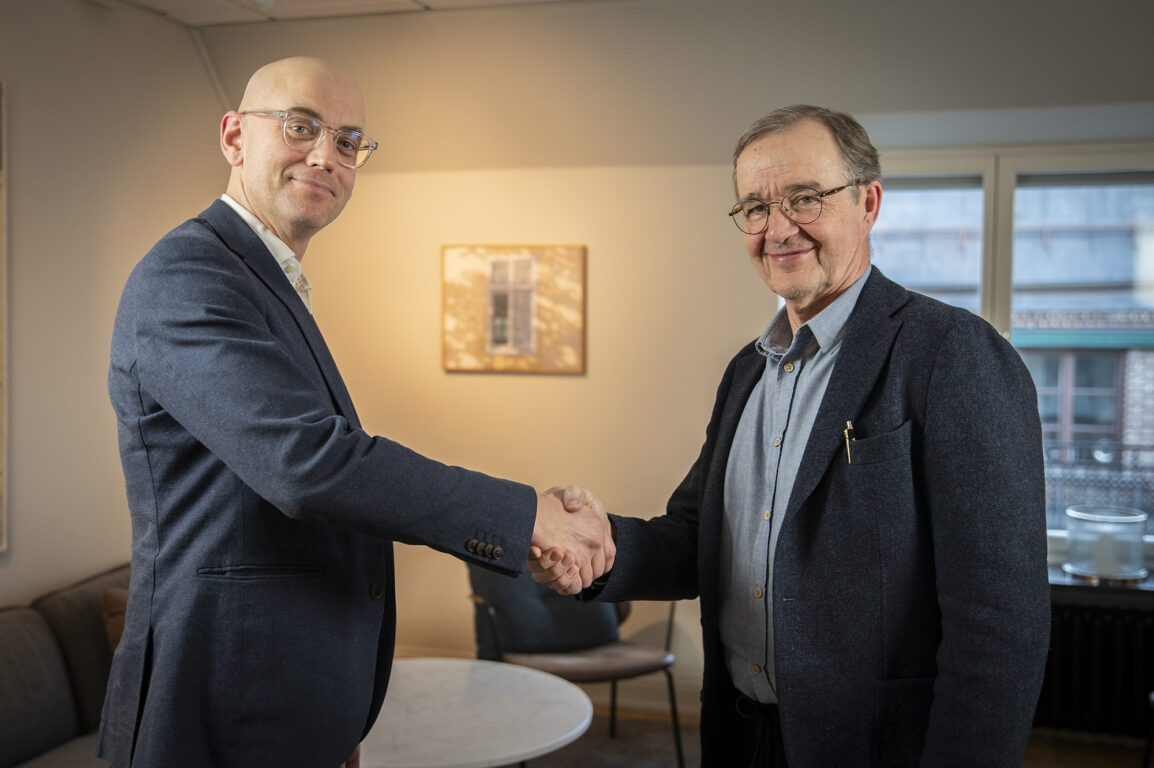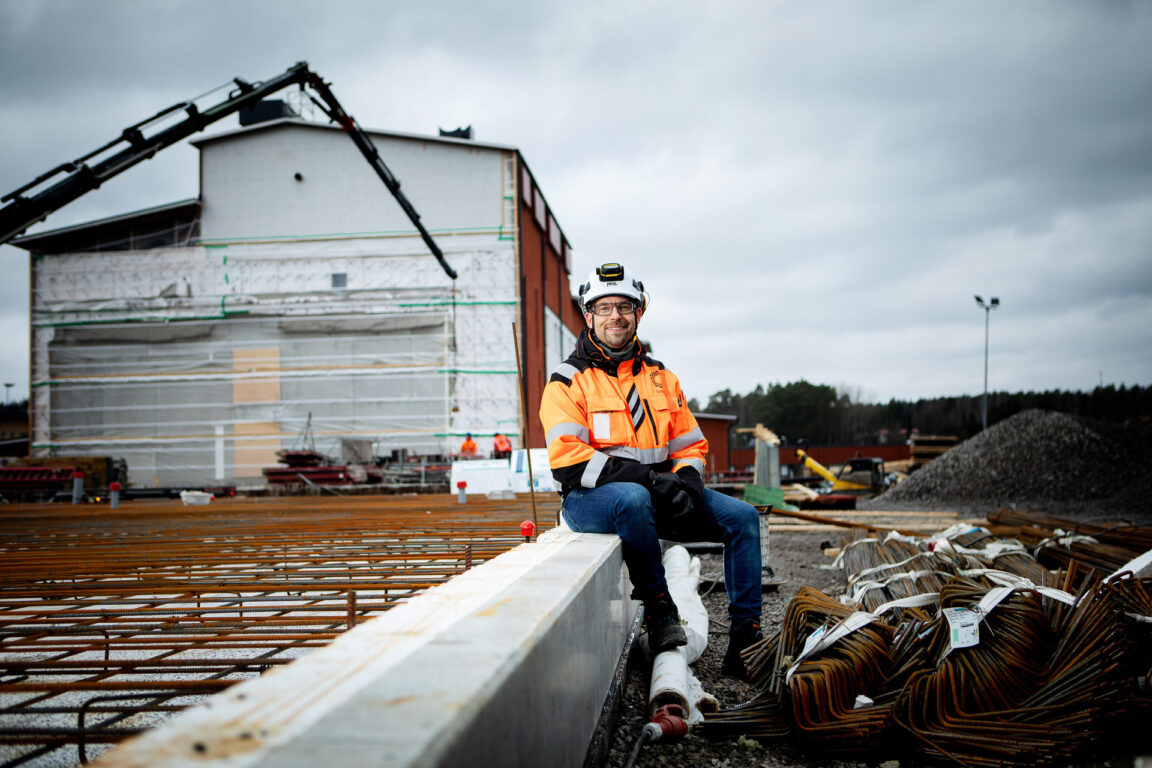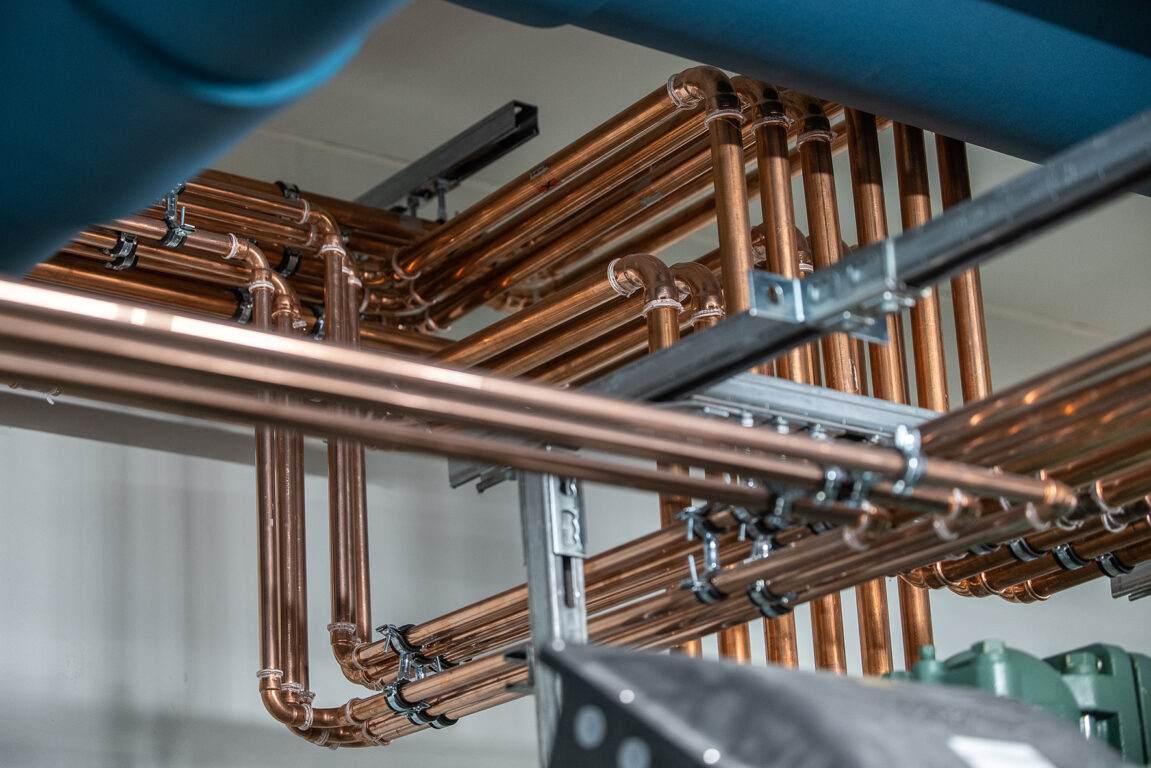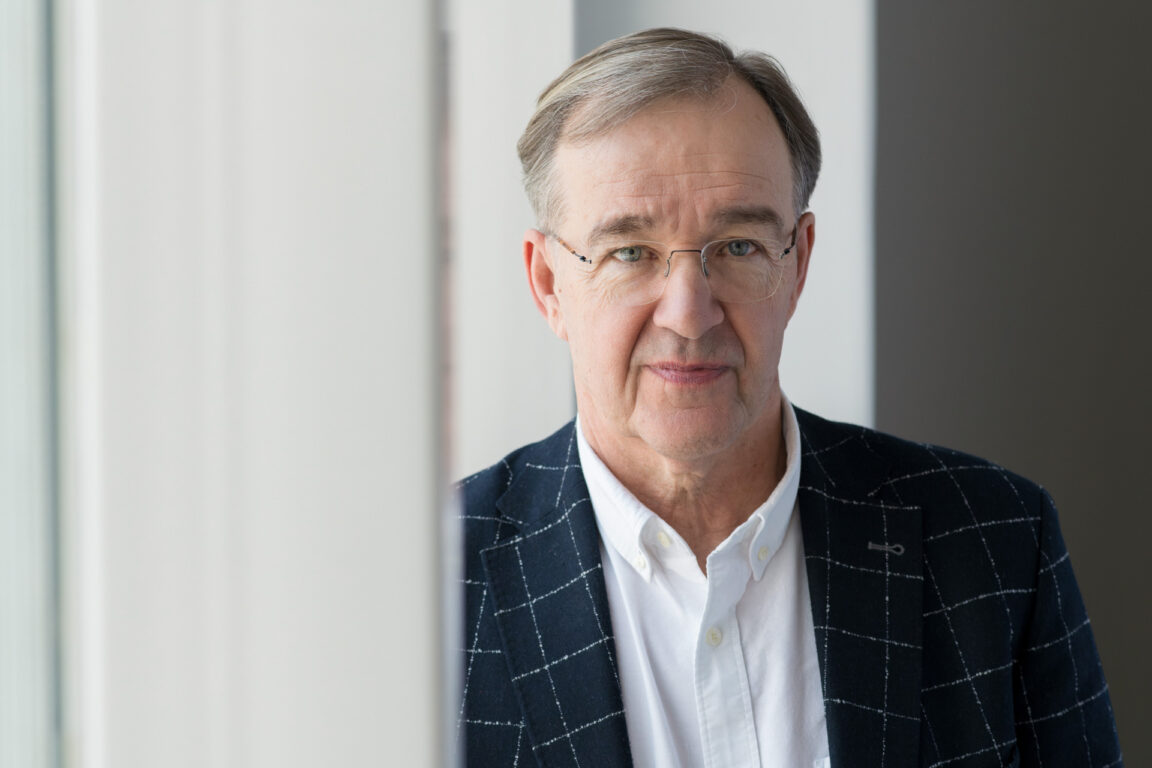HumanIC – Developing future healthcare facilities through human-centric design
12.12.2024 – Granlund is a partner in the EU-funded HumanIC network, which focuses on developing human-centric indoor climate solutions for healthcare facilities. The collaboration brings together leading academic teams and industry experts to create safer and more efficient hospital environments.
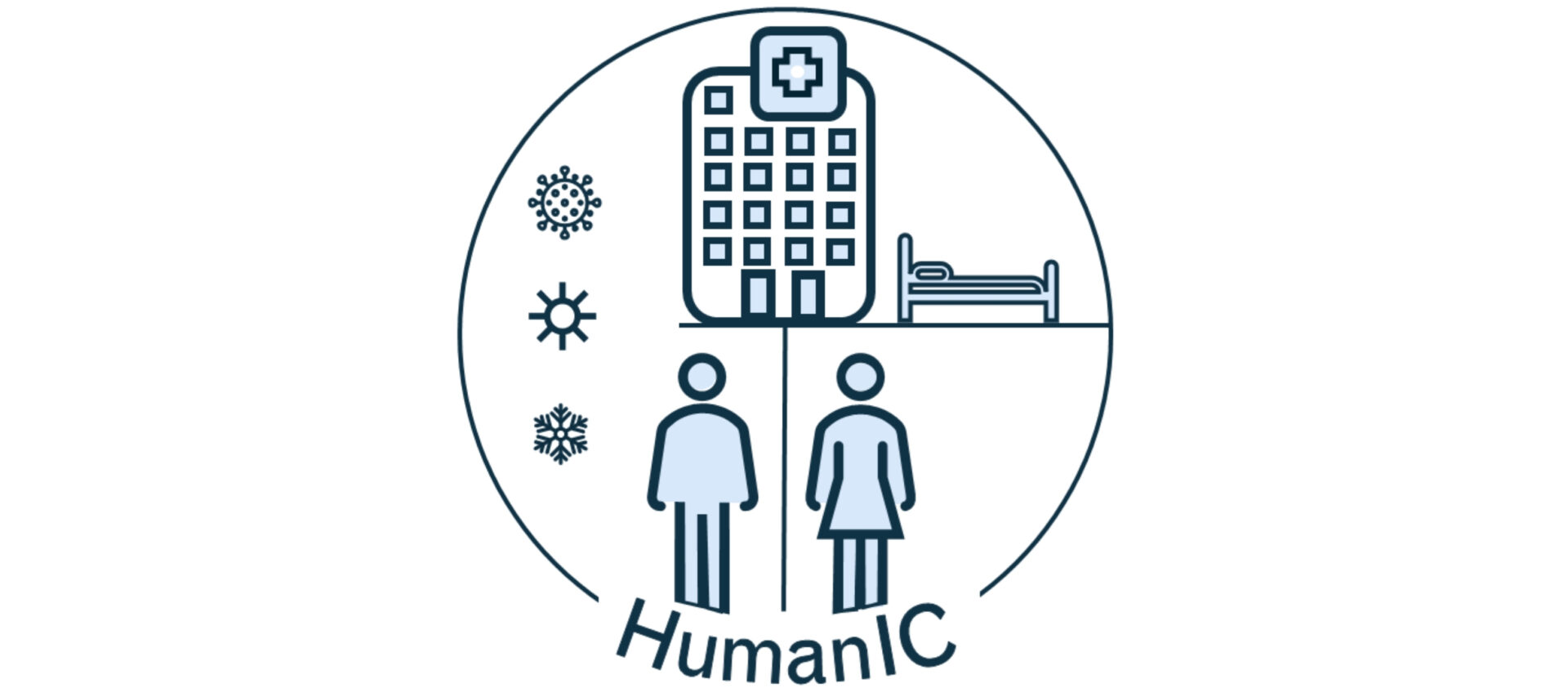
Healthcare-Associated Infections (HAIs): Over 4 million patients are estimated to acquire a healthcare-associated infection in the EU each year, and on any given day, about 80 000 patients have at least one HAI, i.e. one in every 18 patients in European hospitals. The global crisis of antimicrobial resistance means that HAI is posing an increasing cost and risk of mortality. The hospital environment is responsible for 20% of all HAI, and there is clear evidence that the design of buildings and human activities contribute to transmission of infectious diseases.
Cost and Health Implications: An improved indoor environment of a hospital building can reduce costs associated with airborne illnesses by 9%‐20%. Ventilation and indoor air is a particular concern, and numerous studies show that airflow controls the dispersion and exposure to airborne pathogens.
Pandemics and Climate Change: That was also recognised by the WHO in the case of the Covid-19 pandemic, when many hospitals work beyond capacity, with patients recover in rooms that were never designed for the purpose. This is further compounded by a changing climate that is increasing healthcare demands (future pandemics, heat-related illnesses and infections; surgical site infection, and mortality), challenging hospitals to maintain comfortable thermal conditions of human-centric indoor climate, and at the same time driving hospitals to reduce the energy consumption.
Innovative Approaches: HumanIC consortium considers the human interactions with the indoor environments and how this affects transient dispersion of contaminants, particularly in protected risky microenvironments such as surgery; it is a central prerequisite for the safe operation of these facilities to eliminate or minimise airborne pathogen threats while at the same time ensuring good thermal comfort. HumanIC generates new knowledge on the physical processes of transmission and contaminant-airflow interactions, and apply this knowledge to optimize the design of technical solutions, and develop novel methods to visualise and control human-centric indoor climate in hospital environments.
Funding and Support
The project has received funding from the European Union’s Horizon Europe research and innovation program under the Marie Sklodowska-Curie (HORIZON-MSCA-2022-DN-01, project no 101119726).

HumanIC partners
Warsaw University of Technology, Norwegian University of Science and Technology, Technische Universität Berlin, KTH Royal Institute of Technology, Aalto University, St. Olavs Hospital, University of Coimbra – Pólo II, Universidad Carlos III de Madrid, Fundación Para la Investigación Biomédica Hospital Gregorio Marañón, University of Leeds, Granlund Oy, Halton Oy, Charité – Universitätsmedizin Berlin, ActiveTek Medica, REHVA, Drees & Sommer SE, Avidicare AB, Industria
Follow HumanIC on social media
Want to hear more about the project? Please contact

Jukka Vasara

Heikki Ihasalo
More of our news
Subscribe to our newsletter
Be among the first to hear about the latest news and trends relating to Granlund and the real estate and construction sectors.

